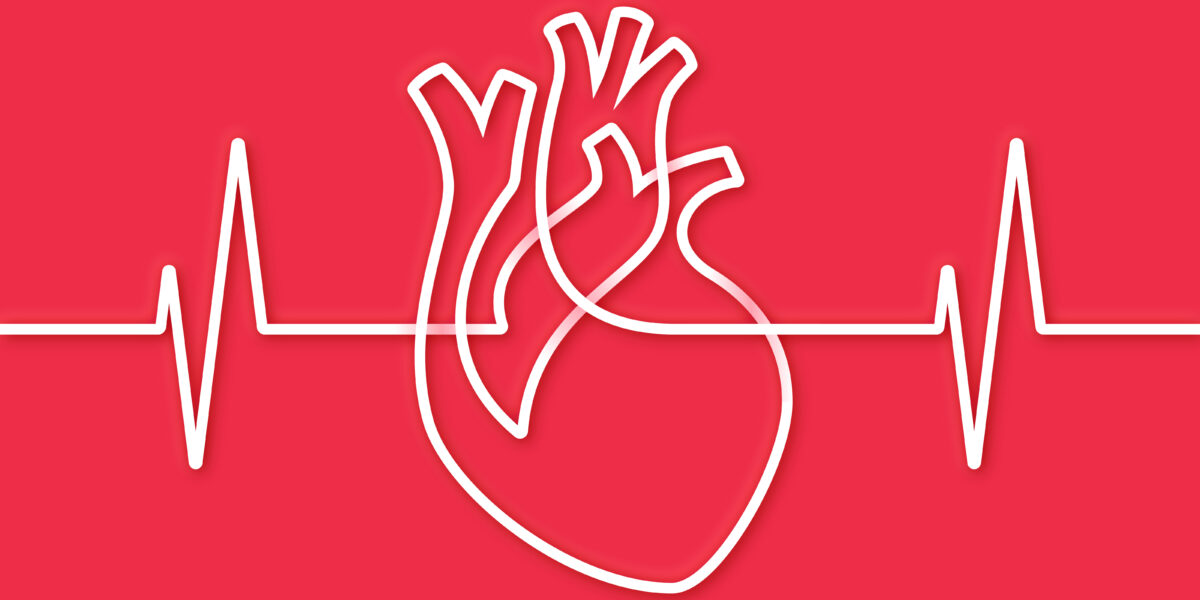Login
Structural Heart Disease Program
Bringing physicians from different specialties together.
What is Structural Heart Disease
Structural heart disease may result from a birth defect or through wear and tear on the heart that results from age or other diseases. Depending on your individual needs, our cardiovascular physicians offer a number of heart disease treatments, including minimally invasive procedures, to support your cardiovascular treatment plan.

Why Choose ChristianaCare’s Structural Heart Program?
The Structural Heart Disease Program at ChristianaCare is designed to provide you with exceptional care, right in your community. It features a unique, multidisciplinary heart team approach where physicians from different specialties bring together their expertise to deliver patient outcomes that are consistently above the national average.
Our comprehensive cardiology clinic, guided by excellence and love, provides patient-centered care throughout your structural heart disease journey, from initial assessment by our cardiovascular disease doctor to in-hospital care and long-term follow-up, working collaboratively with your referring physicians for a seamless transition.

Our Services
TAVR is a minimally invasive procedure for those with severe aortic stenosis to replace a damaged aortic valve in your heart. The heart team, made up of an Interventional cardiologist and a cardiac surgeon, will thread a catheter (thin, flexible tube) through small incisions, either in the groin or chest, up to the heart and replaces the bad valve with an artificial one. Learn more about TAVR at ChristianaCare.
Not all patients will require a valve replacement, but some may benefit from a balloon valvuloplasty procedure.
If you do not need your valve fully replaced, a balloon valvuloplasty procedure may be a good treatment option for you. This procedure can help people whose valves do not fully open to allow blood to flow through the heart. The goal is to make the valve you have function better. An Interventional cardiologist will thread a balloon catheter into the heart and once it’s in the right place, the physician will inflate the balloon. This will allow the valve to open and close more freely. Learn more about balloon valvuloplasty procedures.
If you are diagnosed with a heart defect such as patent foramen ovale (PFO), atrial septal defect (ASD), or ventricular septal defect (VSD), there are minimally invasive procedures that use closure devices to repair holes in the heart. These procedures are completed by passing a catheter into the heart through the femoral vein percutaneously (through the skin), guided by fluoroscopy and echocardiography. The closure device is then placed to close the defect. Learn more about repair of heart defects.
The Watchman™ LAAC device is an innovative, alternative treatment option for patients diagnosed with atrial fibrillation (AFib), who are at risk of stroke. It involves placing a small device to seal off an area of the heart called the left atrial appendage (LAA). This prevents blood clots from entering the bloodstream and causing a stroke. Learn more about the Watchman™ LAAC procedure.
The MitraClip® is an innovative device for repair of the heart’s mitral valve for patients who cannot undergo surgery. When the mitral valve doesn’t close tightly enough, blood can flow backward into the heart, causing potentially serious problems. Placement of the MitraClip® device for repair of the Mitral Valve Leaflets involves a minimally invasive procedure, using a percutaneous (through the skin) approach. To learn more, click here.
A full evaluation is required to determine if you are a candidate for these minimally invasive treatment options.
Related Content
Contact Us
Christiana Hospital
4755 Ogletown-Stanton Road
Newark, DE 19718


